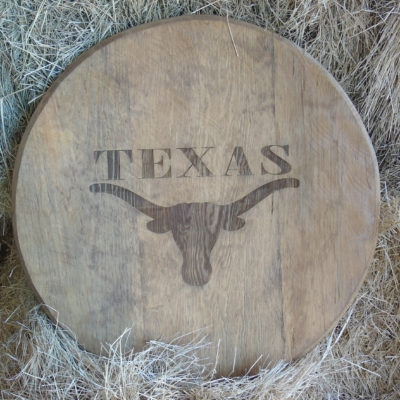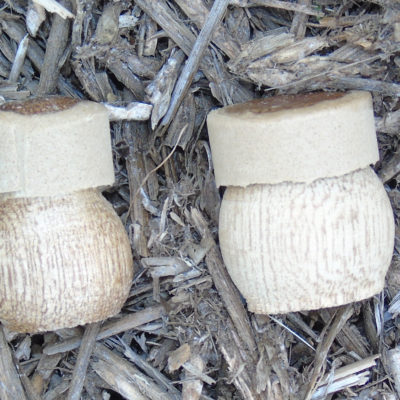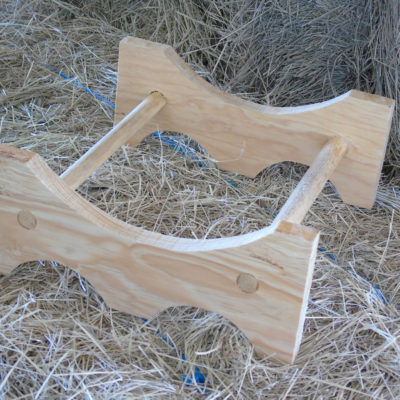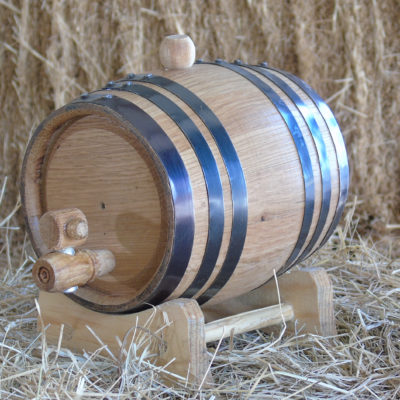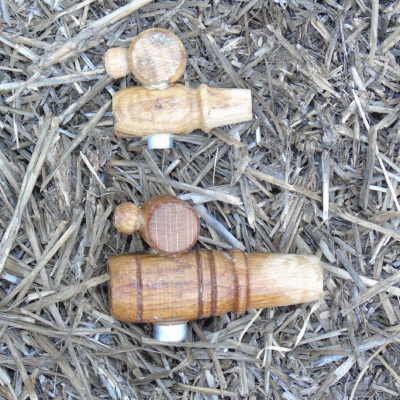There is an affinity between Oak and wine, and it is one that deserves to be mentioned. This is particularly interesting due to the fact that large and small wine barrels made from Oak have been used for hundreds of years to age wines. Oak is essentially a flavoring that makes wine tastier.
Wines that are fermented and aged through Oak include the following:
Reds
• Nebbiolo
• Merlot
• Tempranillo
• Pinotage
• Zinfandel
• Syrah
• Chianti
Whites
• Semillon
• Chardonnay
• Pinot Grigio
• Pinot Blanc
• Sauvignon Blanc
Oak adds richness, depth, flavor and aroma to wines. These include allspice, cinnamon, clove, vanilla and nutmeg. Regarding taste, oak wine barrels also add a hint of toffee, caramel, butter, tea, cinnamon, coconut, mocha and smoke.
The Association Between Oak and Small Wine Barrels
The average wine barrel can hold up to 60 gallons of wine, based on the area from which the wine originated. Burgundy wine barrels contain approximately 60 gallons of wine, while Bordeaux wine barrels hold approximately fifty-nine. Because of Oak’s porous quality, however, approximately five gallons evaporate before the process commences.
The kind of Oak used to make small wine barrels is based on various factors. These include where the wine barrel originated, whether or not the oak was dried or toasted, and how the barrel was manufactured.
Types of Oak Used to Make Large or Small Wine Barrels
American and French Oak barrels are the most popular for making wine. However, many winemakers also use Slovenian and Hungarian small wine barrels. American barrels feature a wider grain than French oak wine barrels, and the wood tannins seen in American barrels are not as high as those associated with those from France. In addition, French barrels typically bring out less vanilla aromas and flavors than their American counterparts. Ultimately, however, French oak wine barrels are regarded as the best due to their wood grains and higher wood tannins.
French and American Oak wine barrels cost approximately $600 and $300, respectively. Therefore, wineries typically charge more money for brands that were aged in French barrels.
The Significance of New Oak in Small Wine Barrels
Vessels referred to as new oak wine barrels offer more aromas and flavoring, which significantly impacts the wine’s quality. As the small wine barrels age, they are unable to provide the same effects. This makes sense when you think of it as you would a teabag: the flavor features a higher concentration when used for the first time, as opposed to its second or third use. Similarly, oak influences get consistently weaker when small wine barrels are used to produce additional vintages.
For this reason, numerous wineries make sure to advertise that a third of the wine was placed in a new oak barrel, but the remaining portion of the wine was placed in older barrels. This helps the winery cut costs, which means customers save money as well.
Toasting the Oak of Small Wine Barrels
When a type of Oak is chosen, the wine manufacturer must then decide how to toast it for specific types of wines, which include heavy, medium or light tastes. Light tends to bring out more than one of the Oak’s qualities, while heavy usually indicates an overall smoky flavoring.
The Use of Oak Chips
Certain wineries prefer to use oak chips, rather than large or small wine barrels made from oak. This significantly reduces the cost of the wine because the chips can be used to ferment each bottle produced. Chips can be found in different aromas and flavors, and their use also makes the process faster, as they are concentrated, and therefore come in contact with a greater amount of wine. As of 2016, Old World wineries are allowed to use this practice.
Oak is essential regarding aging and fermentation of wine, and taste testing is the best way to experience the differences. One of the simplest wines with which to try taste testing is Chardonnay. This is because plenty of Oak is used to age Chardonnay. One will quickly discover that Oak Chardonnay has a buttery, smoky flavor, as opposed to bottles that were not aged in Oak barrels or Oak chips. The latter will have a fruity flavor, with hints of pear, peach and apple, depending on whether or not it was aged in a warm climate.

